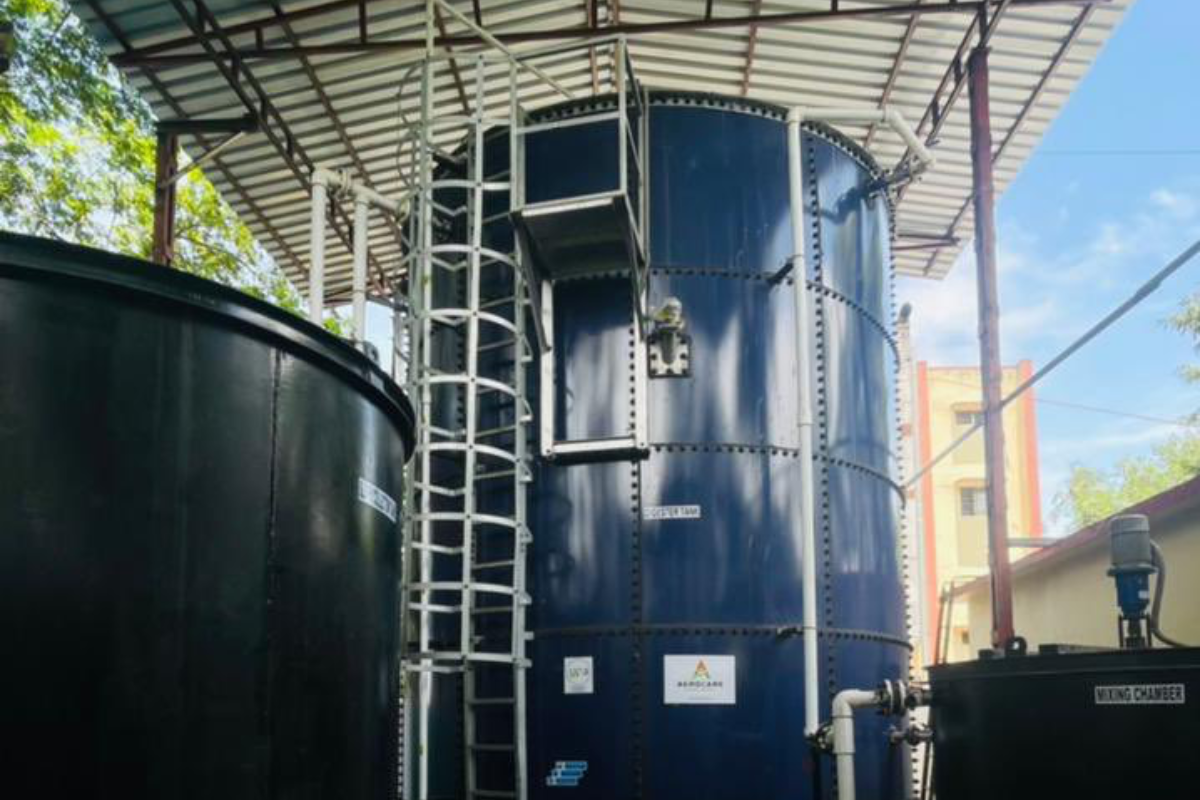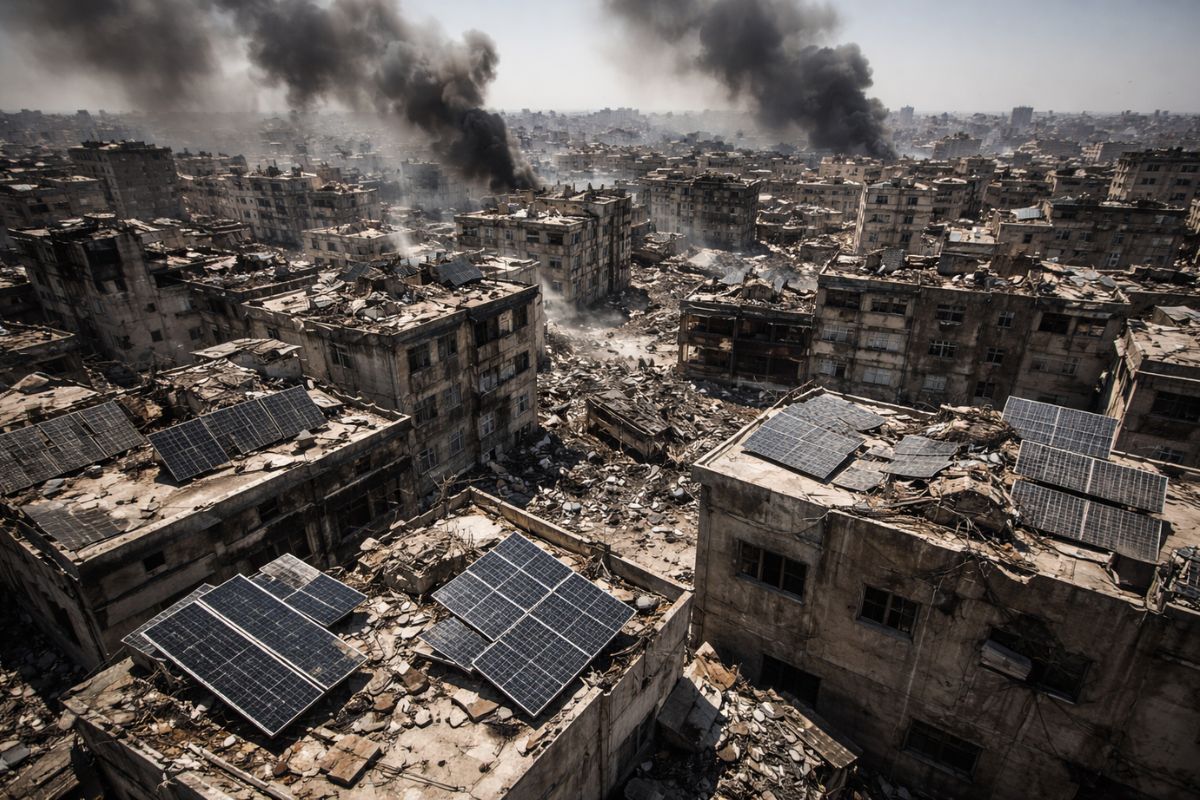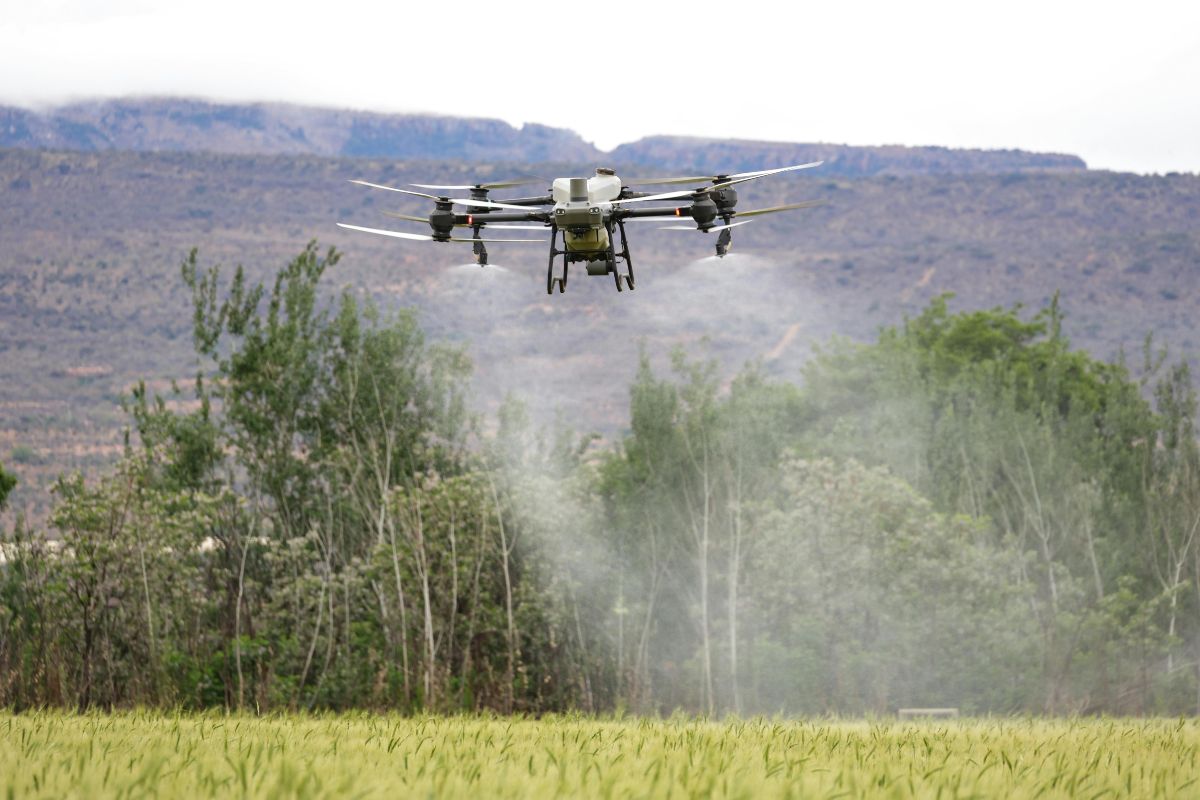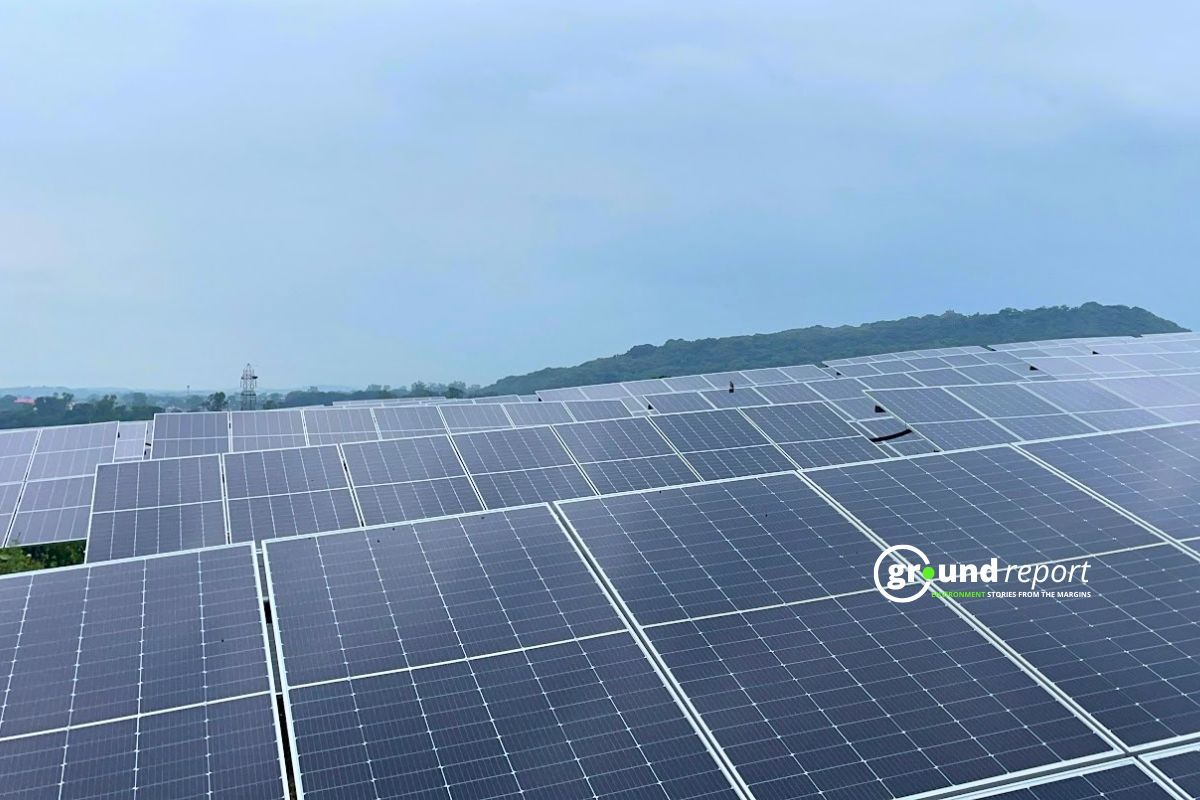The Minister of State for New and Renewable Energy and Power, Shripad Yesso Naik, updated the Lok Sabha on the country’s progress in generating electricity from waste. According to data from States and Union Territories to the Ministry’s MIS portal, 14 operational waste-to-energy (WtE) plants are processing 17,600 metric tonnes of waste daily and generating 202 Megawatt (MW) of power.
The Minister revealed that the Ministry of New and Renewable Energy has supported six municipal solid waste (MSW)-based power projects under the Waste to Energy programme, furthering the country’s renewable energy goals.
Role of states and urban local bodies
Shri Naik explained that sanitation, including waste-to-energy initiatives, falls under the States and Urban Local Bodies (ULBs). The Ministry of Housing and Urban Affairs provides guidelines and assistance through programs like Swachh Bharat Mission (Urban) 2.0.
Funds for these projects are released based on action plans submitted by states and ULBs, not on a project-by-project basis. The approval and monitoring of these projects are overseen by State Pollution Control Boards (SPCBs) and the Central Pollution Control Board (CPCB) under the Ministry of Environment, Forestry, and Climate Change (MoEF&CC).
According to the data, operational WtE plants are in Andhra Pradesh, Delhi, Telangana, and Gujarat, generating 202 MW of electricity. Major facilities include:
In addition to operational plants, several WtE projects are under construction in Ahmedabad, Rajkot, Bengaluru, and Mumbai, with a combined capacity to process 6,150 metric tonnes of waste per day and generate 99 MW of electricity.
Details of operational WtE plants
| S. No. | State | City | Designed Capacity (TPD) | Power Generation (MW) |
|---|---|---|---|---|
| 1 | Andhra Pradesh | Guntur | 1200 | 15 |
| 2 | Andhra Pradesh | Visakhapatnam | 1200 | 15 |
| 3 | Delhi | Ghazipur | 1300 | 12 |
| 4 | Delhi | Narela-Bawana | 2400 | 24 |
| 5 | Delhi | Okhla | 2000 | 21 |
| 6 | Delhi | Tehkhand | 2000 | 20 |
| 7 | Haryana | Sonipat Cluster | 800 | 8 |
| 8 | Madhya Pradesh | Jabalpur | 600 | 11 |
| 9 | Telangana | Hyderabad | 2000 | 20 |
| 10 | Maharashtra | PCMC | 700 | 14 |
| 11 | Gujarat | Jamnagar | 650 | 7.5 |
| 12 | Madhya Pradesh | Rewa | 350 | 6 |
| 13 | Telangana | Hyderabad | 1400 | 14 |
| 14 | Gujarat | Ahmedabad | 1000 | 15 |
| Total | 17,600 | 202 MW |
Details of under construction WtE plants
| S. No. | State | City | MSW (TPD) | Capacity (MW) |
|---|---|---|---|---|
| 1 | Gujarat | Ahmedabad | 1000 | 15 |
| 2 | Gujarat | Rajkot | 1000 | 15 |
| 3 | Gujarat | Vadodara | 1000 | 15 |
| 4 | Karnataka | Bengaluru | 600 | 12 |
| 5 | Maharashtra | Mumbai | 600 | 5 |
| 6 | Maharashtra | Pune | 750 | 13 |
| 7 | Telangana | Hyderabad | 1200 | 24 |
| Total | 6,150 | 99 MW |
Moving forward
With waste-to-energy technology crucial for sustainable urban development, the government is focusing on expanding such projects to manage municipal solid waste more effectively while contributing to the renewable energy mix.
This initiative aligns with India’s goals of environmental sustainability and energy self-sufficiency under various national missions and programs.
Support us to keep independent environmental journalism alive in India.
Keep Reading
Watch: Kashmir experiences first snowfall of season after dry spell
Amarnath Yatra: Tackling rising death toll from extreme weather events
Tourists arrival in Kashmir break records, a need to regulate it?
From tourist paradise to waste wasteland: Sindh River Cry for help
Follow Ground Report on X, Instagram and Facebook for environmental and underreported stories from the margins. Give us feedback on our email id greport2018@gmail.com.
Don’t forget to Subscribe to our weekly newsletter, Join our community on WhatsApp, and Follow our YouTube Channel for video stories.






